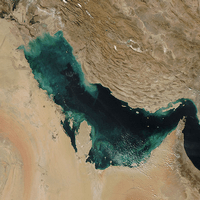
This weekend, Saudi Arabia will gather Gulf Cooperation Council (GCC) countries and other Middle Eastern states to collaborate on fighting the spread of weapons of mass destruction to terrorist organizations. The Saudi initiative reaffirms that regional cooperation is an emerging and powerful facet of international politics, and that regional organizations are a proven force against international security threats. This is not just hyperbole; there is ample evidence worldwide to back it up. Regional teamwork is best illustrated by the progress made in Europe, where the European Union synchronizes policies and resources to combat security threats worldwide. The regional approach to […]


